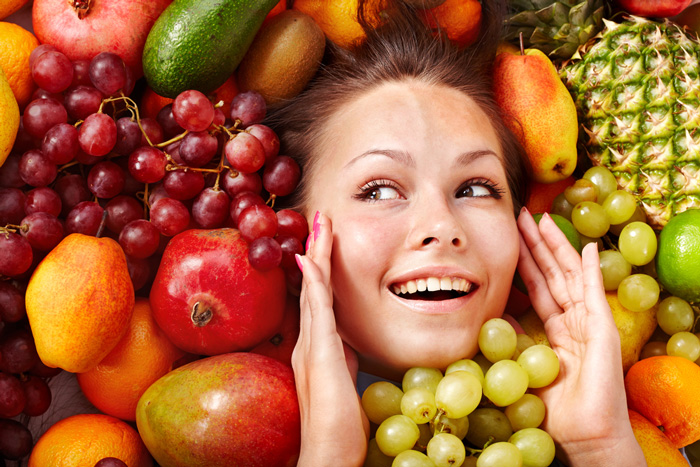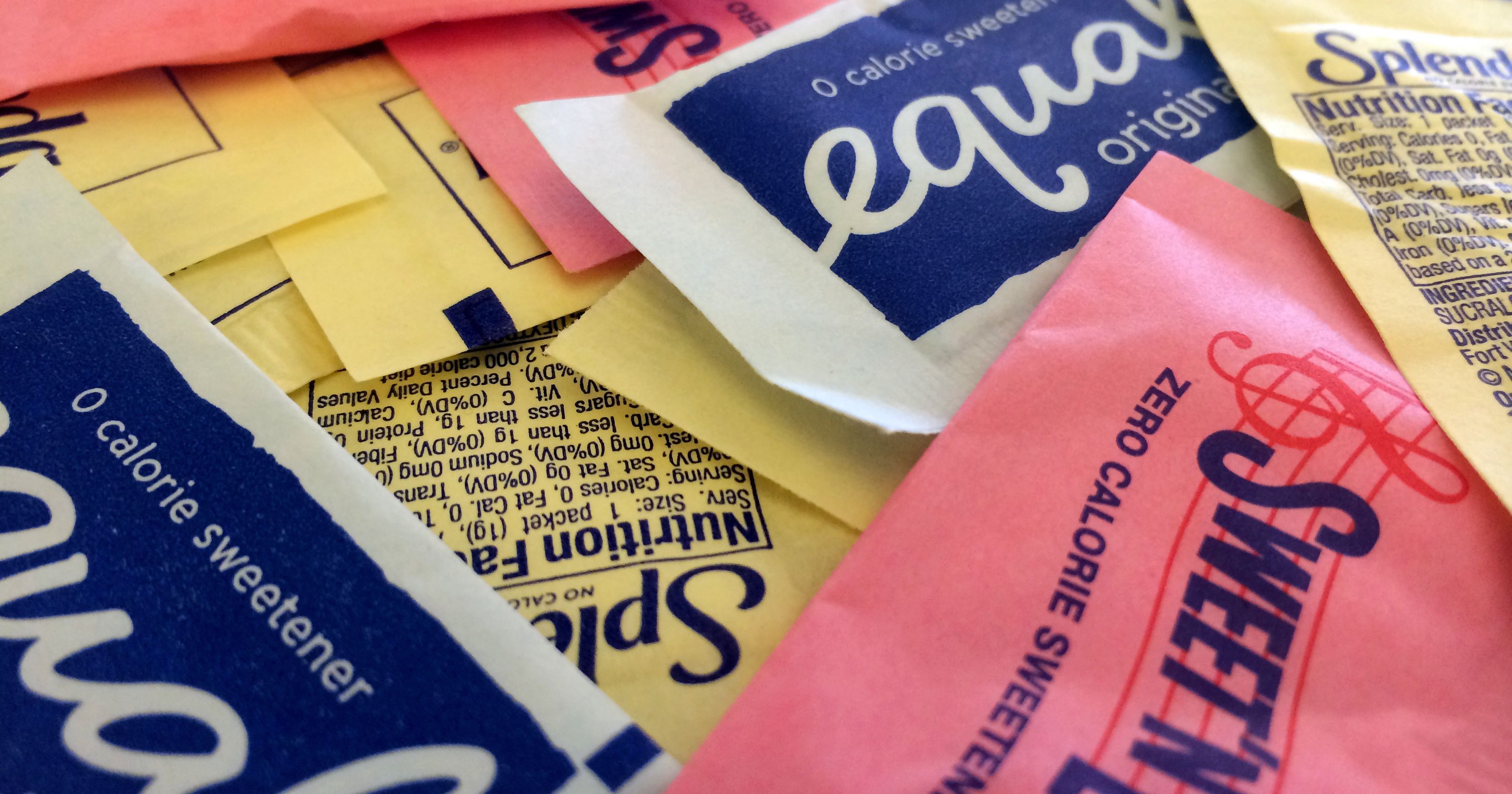It can be difficult to balance a healthy diet with a stringent class schedule. The combination of our busy schedules and the low priority that eating healthy takes usually results in the consumption of greasy fast food that is both cheap and, well, fast. Although this food may fit in efficiently with our immediate schedules, it does not necessarily do so with our bodies. College students often neglect skincare and physical appearance, and though these may seem to be superficial worries, good nutrition, which evidently has a lot to do with skincare, is essential towards ensuring that you do not look older than your age years down the road.
Like poor diet, stress can have a negative impact on your appearance. Stress can make you look tired and disheveled, create early worry lines and wrinkles on your skin, or even contribute to unwanted weight gain and obesity. It is essential to be wary of how your actions may affect your appearance because after all, you have the rest of your life with the body that you are in.
So how might a busy college student maintain good skin care through healthy dietary habits? As the age-old saying goes, “an apple a day keeps the doctor away.” Research done by the National Center for Biotechnology (NCBI) has found that eating plenty of fruits and veggies rich in antioxidants is good for your whole body, including your skin.
Antioxidants such as β-carotene and vitamins A, C, and E can curb the damage caused by unstable molecules known as free radicals. These molecules can harm skin cells and cause signs of aging.
Biotin, which is found in avocados, among other things, can help prevent dry skin and brittle hair and nails. When applied topically, biotin in avocados can hydrate parched skin. A tip on how to do this is to pit the fruit, puree the pulp, and pat it on your face. Avocado oil also contains vitamin E, which greatly benefits the health of your skin.
Similarly, olive oil is great for your skin. Don’t get me wrong: I’m not advocating a high-oil diet. But when you do use oil in your food, olive oil may be the best choice for your skin. Results of a recent large French scientific study showed that the signs of skin aging were significantly lower in people who consumed olive oil as compared to other forms of oil.
The term “diet” not only includes the consumption of food, but also our consumption of drinks. Caffeine can be a college student’s best friend. At Cal, you’ll find students carrying coffee cups all over campus at all hours. However, a healthier alternative to coffee is tea, specifically of the green variety. Green tea is high on the list of skin-friendly beverages thanks to its impressive storehouse of polyphenols (which is also an antioxidant). One should aim for four cups throughout the day. It has been found that green tea has many benefits beyond skincare as well. For instance, a UCLA review of nine studies found three cups a day cut the risk of stroke by 21%. (Black tea was protective too.)
As important as it is to eat a healthy diet, your skin also needs you to not smoke, to get enough sleep, to exercise regularly, and to drink enough water. Your actions, including but not limited to what you choose to eat, greatly influence the health of your skin and your physical appearance. So, I encourage you to use good nutrition as a tool to improve your overall health—and on the flip side, use the result of beautiful skin as a motivator to pick up an apple instead of a candy bar next time you’re at GBC.
Citations
- 8 Foods for Beautiful Skin | Skincare Nutrition Tips from Reader’s Digest by the Reader’s Digest Associations, Inc. <http://www.rd.com/slideshows/8-essential-foods-for-beautiful-skin>
- Nutritional skin care: health effects of micronutrients and fatty acids. from PubMed by the National Center for Biotechnology Information and the US National Library of Medicine <http://www.ncbi.nlm.nih.gov/pubmed/11333837>
Article by Rosheen Z. Birdie
Feature Image Source: Cornell Sunspots
























